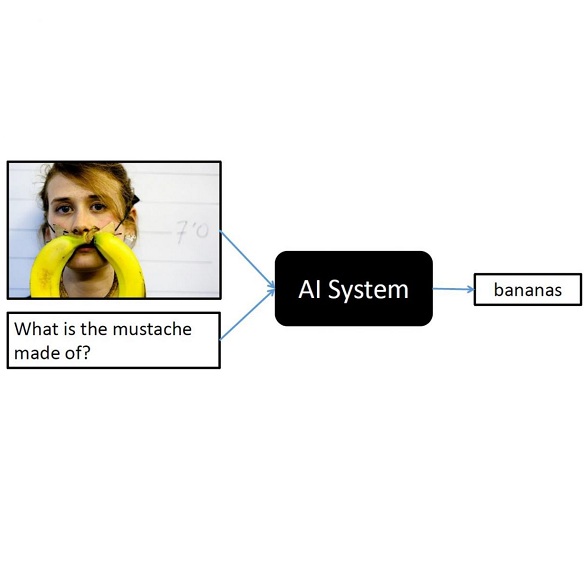In this working notes paper, we describe IBM Research AI (Almaden) team's participation in the ImageCLEF 2019 VQA-Med competition. The challenge consists of four question-answering tasks based on radiology images. The diversity of imaging modalities, organs and disease types combined with a small imbalanced training set made this a highly complex problem. To overcome these difficulties, we implemented a modular pipeline architecture that utilized transfer learning and multi-task learning. Our findings led to the development of a novel model called Supporting Facts Network (SFN). The main idea behind SFN is to cross-utilize information from upstream tasks to improve the accuracy on harder downstream ones. This approach significantly improved the scores achieved in the validation set (18 point improvement in F-1 score). Finally, we submitted four runs to the competition and were ranked seventh.
翻译:在这份工作文件中,我们描述了IBM Research AI(Almaden)团队参与图像CLEF 2019 VQA-Med竞赛的情况,挑战包括四个基于放射图像的问答任务;成像模式、器官和疾病类型的多样性,加上小规模的不平衡培训,使得这个问题非常复杂;为了克服这些困难,我们实施了模块化管道结构,利用了转让学习和多任务学习;我们的调查结果导致开发了一个名为支持事实网络(SFN)的新颖模型;新生力量的主要想法是交叉利用上游任务的信息,以提高较难的下游任务的准确性;这一方法大大改进了验证集的得分(F-1分18分改进了18分)。最后,我们向竞争提交了4次分,排在第7位。




